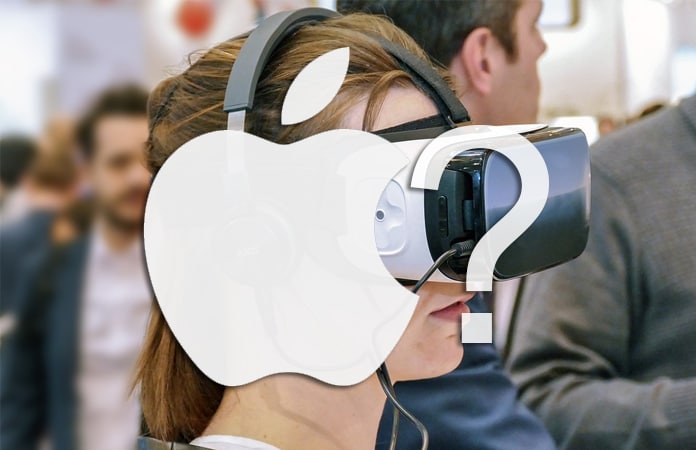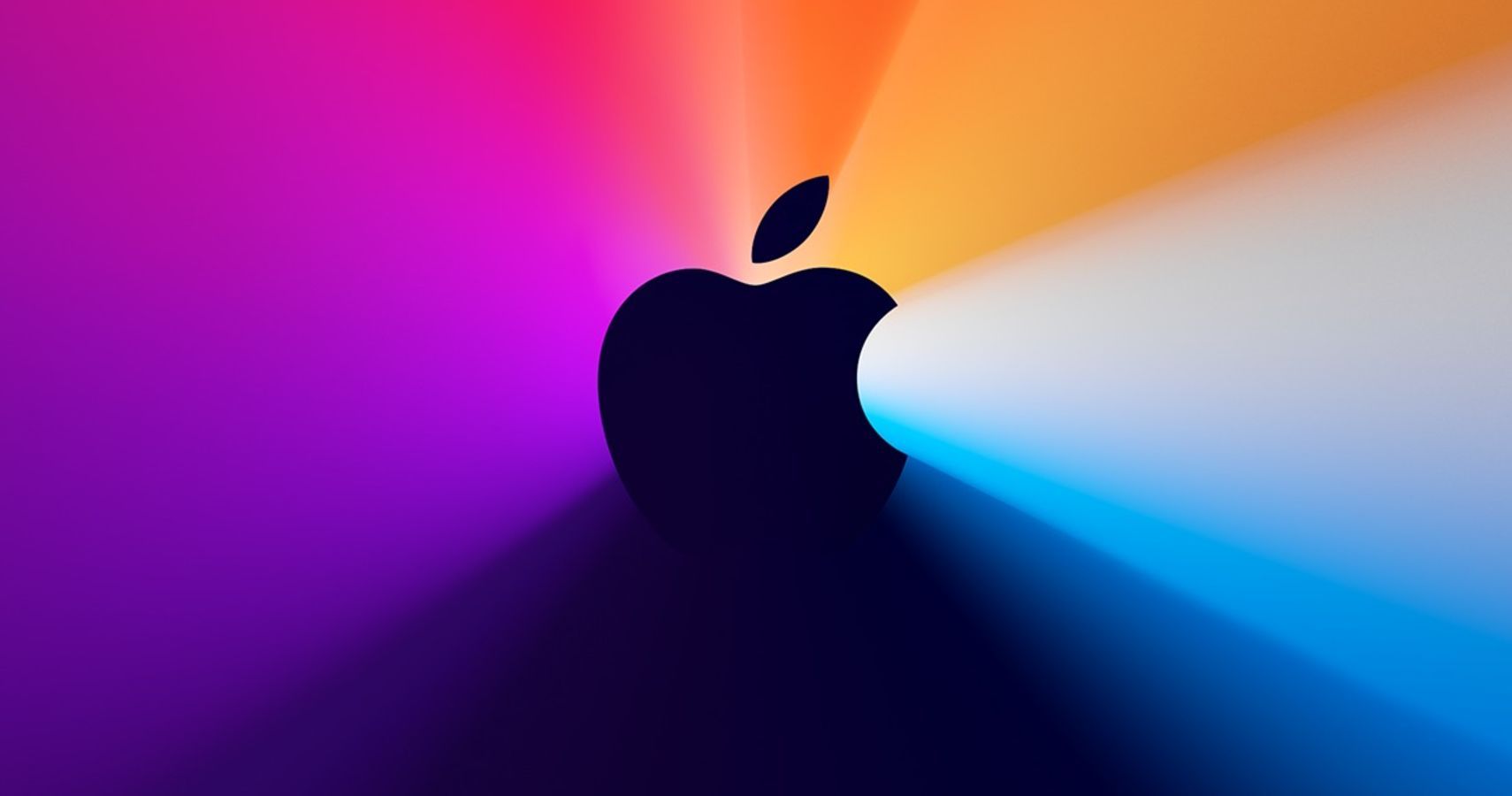
:max_bytes(150000):strip_icc()/GettyImages-692048707-53fb8f760c354274972c616d5d727349.jpg)
Microsoft also has had limited success with HoloLens, a mixed-reality headset released in 2016, although the software maker earlier this year insisted it remains committed to the technology. The backlash became so intense that people who wore the gear became known as "Glassholes," leading Google to withdraw the product a few years after its debut. Some of the gadgets deploying the technology have even been derisively mocked, with the most notable example being Google's Internet-connected glasses released more than a decade ago.Īfter Google co-founder Sergey Brin initially drummed up excitement about the device by demonstrating an early model's potential "wow factor" with a skydiving stunt staged during a San Francisco tech conference, consumers quickly became turned off to a product that allowed its users to surreptitiously take pictures and video. The response to virtual, augmented, and mixed reality has been decidedly ho-hum so far.

And it’s not going to be profound overnight".

You know, so I think it could be that profound. "Just like today you wonder how did people like me grow up without the Internet. "If you look back in a point in time, you know, zoom out to the future and look back, you’ll wonder how you led your life without augmented reality," Cook, who is 62, said last September while speaking to an audience of students in Italy. In recent years, Apple CEO Tim Cook has periodically touted augmented reality as technology's next quantum leap, while not setting a specific timeline for when it will gain mass appeal. Zuckerberg has tried to push into the mainstream by changing the name of his social networking company to Meta Platforms in 2021 and then pouring billions of dollars into improving the virtual technology.īut the metaverse largely remains a digital ghost town, although Meta's virtual reality headset, the Quest, remains the top-selling device in a category that so far has mostly appealed to video game players looking for even more immersive experiences.Īpple executives seem likely to avoid referring to the metaverse, given the skepticism that has quickly developed around that term, when they discuss the potential of the company's new headset. It's a geeky concept that was first coined in 1992 by author Neal Stephenson in the science fiction novel 'Snow Crash'. That flexibility also is sometimes called external reality, or XR for shorthand.įacebook founder Mark Zuckerberg has been describing these alternate three-dimensional realities as "the metaverse". If the new device turns out to be a niche product, it would leave Apple in the same bind as other major tech companies and start-ups that have tried selling headsets or glasses equipped with technology that either thrusts people into artificial worlds or projects digital images with scenery and things that are actually in front of them - a format known as "augmented reality".Īpple's goggles are expected to be sleekly designed and capable of toggling between totally virtual or augmented options, a blend sometimes known as "mixed reality".
Apple vr mac#
But the star of the show is expected to be a pair of goggles - rumoured to called "Reality Pro," according to company leaks to the media - that could become another milestone in Apple's lore of releasing game-changing technology, even though the company hasn't always been the first to try its hand at making a particular device.Īpple's lineage of breakthroughs date back to a bow-tied Jobs peddling the first Mac in 1984 - a tradition that continued with the iPod in 2001, the iPhone in 2007, the iPad in 2010, the Apple Watch in 2014, and its AirPods in 2016.īut with a hefty price tag that could be in the $3,000 (€2,800) range, Apple's new headset may also be greeted with a lukewarm reception from all but affluent technophiles.


 0 kommentar(er)
0 kommentar(er)
